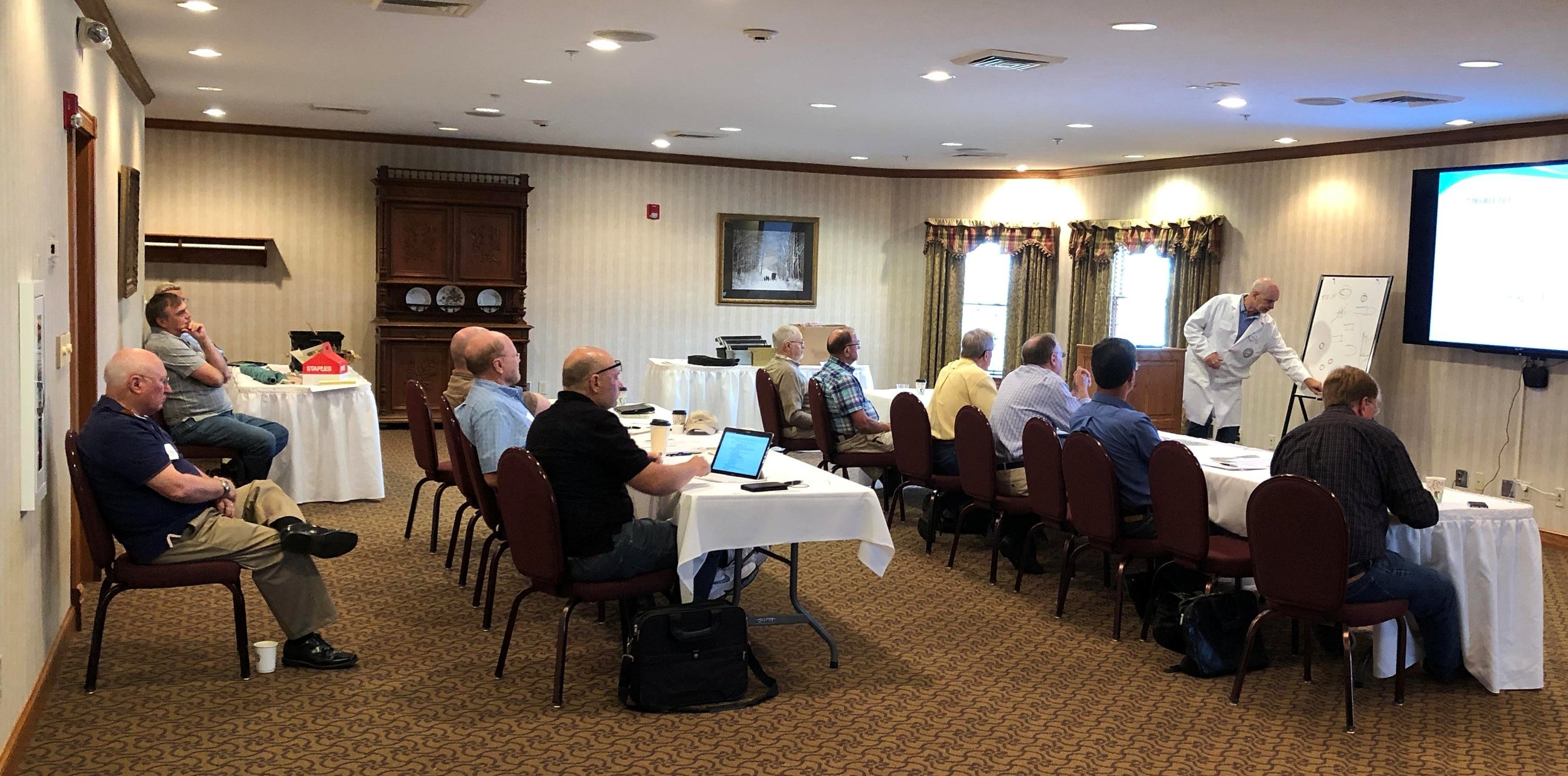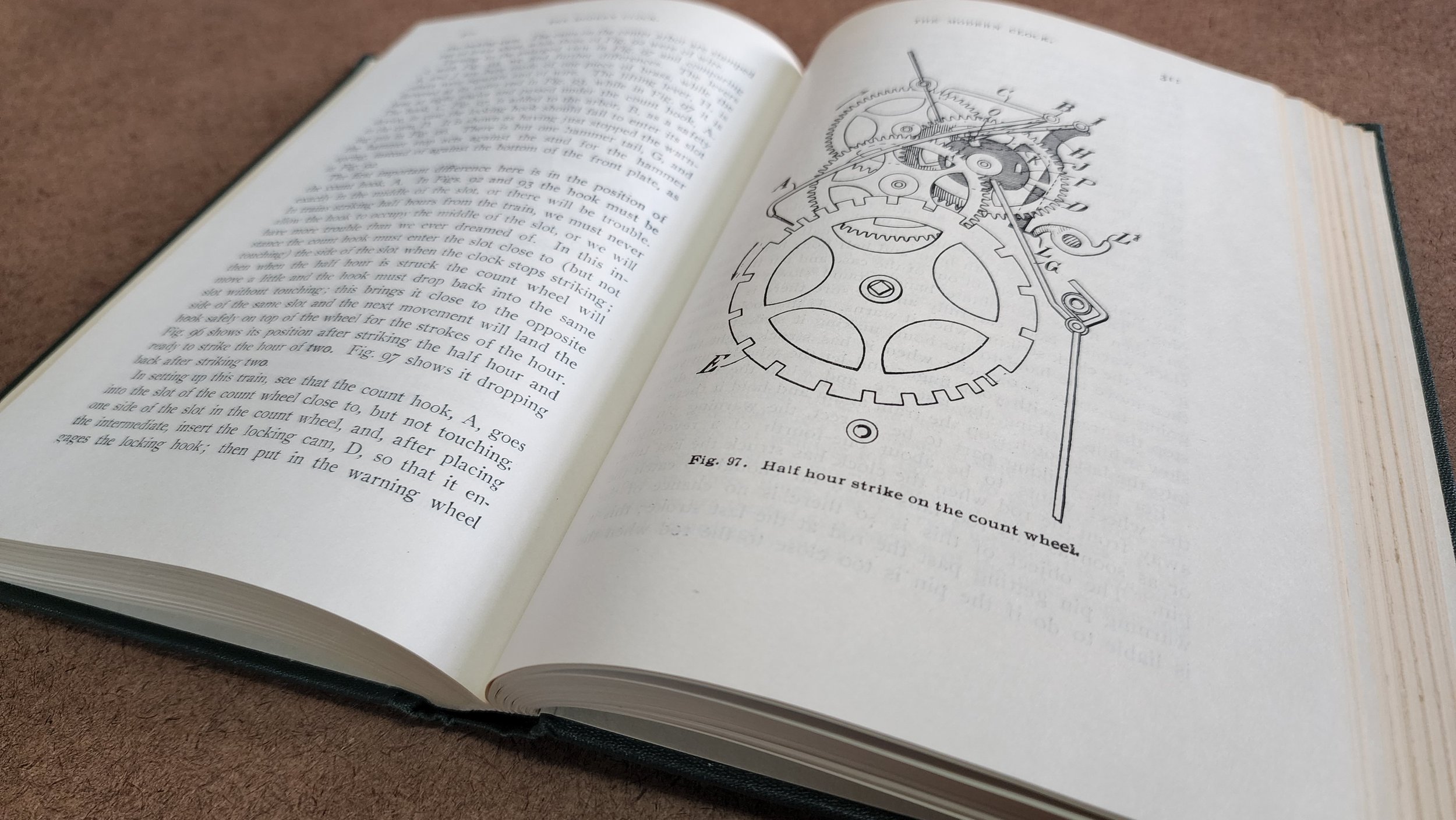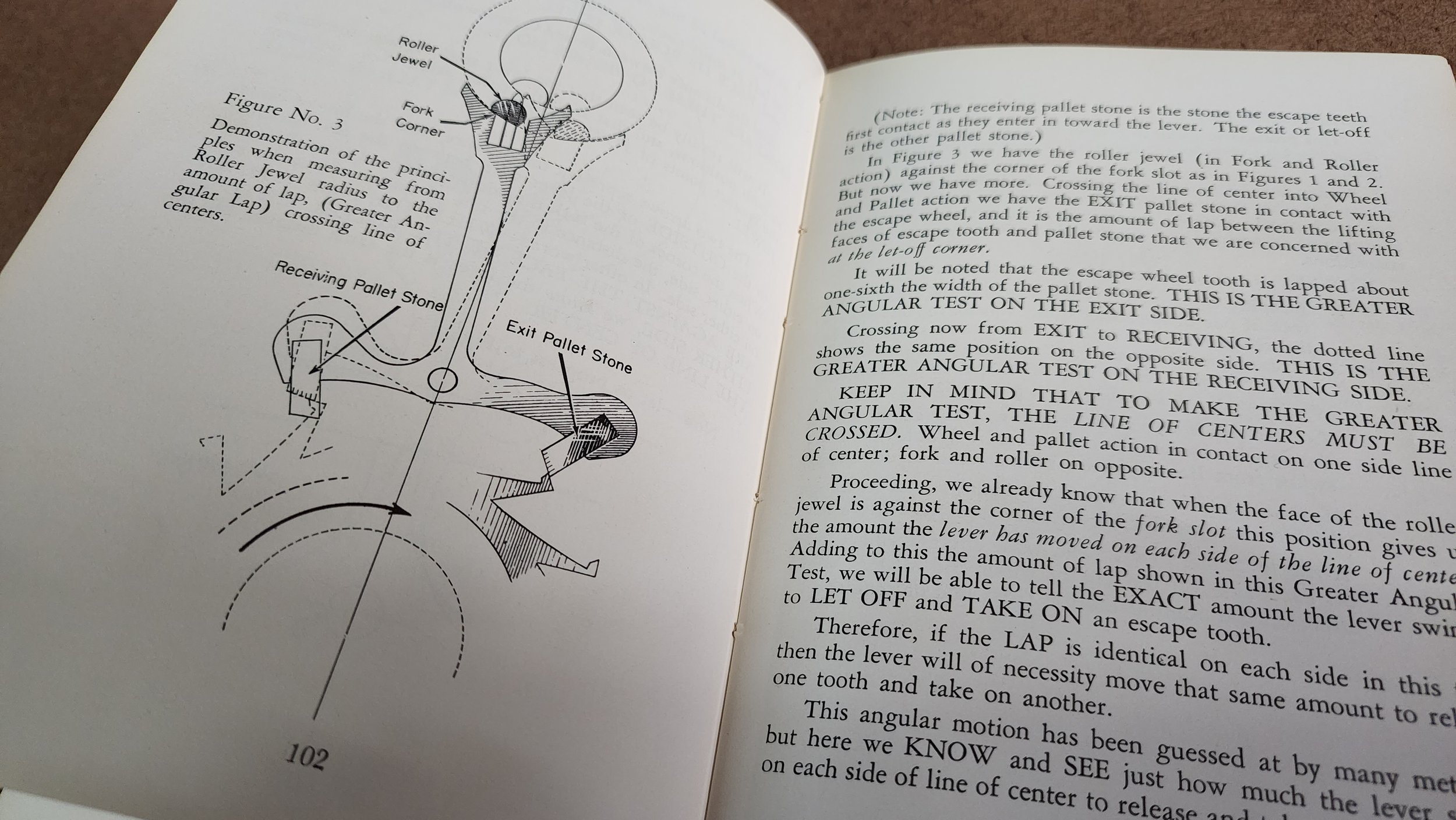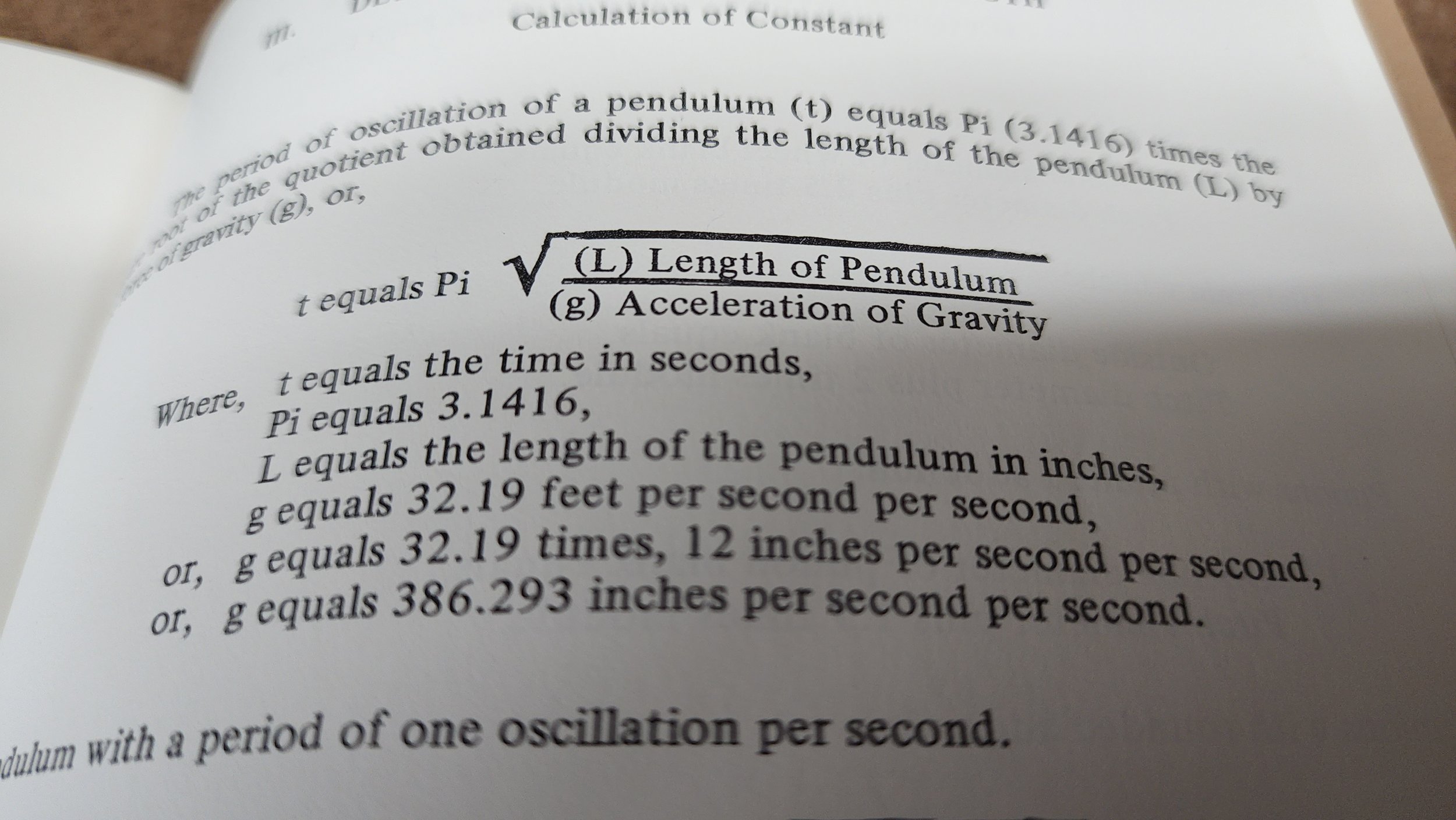
What Is Certification?

What Is Certification?
Short Answer:
Certification is a means by which someone in the clock repair trade can validate his or her skill level to the general public. Much like looking at the diplomas on the wall of your doctor's office or the certificates on the wall of an auto repair shop showing the serviceman's training. The Clockmaker’s certification process was developed by AWCI, “the American Watchmakers Clockmakers Institute”.
Long Answer with Documentation:
Currently, no certification is required by any state for a person to practice watch or clock repair. This means that when you take your watch or clock in for repair you have no objective means to determine the skill level of the person handling your item. The skill level of people in this trade varies widely. If you have any doubt about this, take a look at our “Hall of Shame page” in order to see some of the horrific things that are being done to clocks by people who claim to be qualified. Without a certification of some sort, all you are left with is recommendations from friends or the number of years someone has been in business. Unfortunately, the fact that your clock works after it was repaired is no guarantee that they did a proper job. Some of the repairs in the Hall of Shame actually worked!
Certification is obtained through The American Watchmakers Clockmakers Institute. Although all who are interested in the watch or clock repair trade are welcome, the membership is currently made up mostly of working professional watchmakers and clockmakers. Because of the many under trained clock and watch enthusiasts currently working in these fields, one of the goals of AWCI was to combat poor workmanship and improve the abilities of the tradesmen by promoting higher standards. By passing the certification exam, a person is able to prove his proficiency against a professional standard as judged by his peers.


There are currently two levels of certification. One is the Certified Clock or Watchmaker and the other, the Certified Master Clock or Watchmaker. Beginning around 2006 the entire certification process was revamped due to the writing of the first of its kind, “Standards and Practices” documents for watch and clockmakers. After those documents were completed, a new certification test was designed based on those documents. The new test was longer and more complex than the previous test and more safeguards were installed to prevent cheating. Passing the most recent exam allows a person to add the phrase "of the Twenty First Century" to their title. This was done in order to differentiate between those who passed the old exam versus the new exam.
Michael is proud to say that he was on the AWCI Education Committee that wrote the Standards and Practices document for clockmakers. In order to be on this committee, it was necessary to have passed the older certification exam. The following documents show the importance of the document itself as written in the preface by then AWCI President Jim Door and proof of michael’s participation in the writing of the document.


The old examination that Michael took consisted of four parts. The first part is a written test that covers clock theory, including gear train calculations and proper repair techniques for common clock problems. After this there were three mechanical tests. One part required the proper repair of a modern key-wound chime mechanism which has been purposefully "messed up". There were about twenty problems introduced into the movement that must be discovered and solved and a bushing must be properly installed. Another part of the exam required that a pivot be replaced in a clock arbor, including proper polishing, finishing and hardening. the last part required that several broken teeth be replaced in a clock gear. AWCI expects these repairs to not only be mechanically effective but performed artfully. (see “The Art of Clock Repair” page) The pivot and teeth replacement are to be done in a way that is almost undetectable to the human eye. Because scoring a 75 or higher is considered a passing grade, Michael was very pleased to score an average of 94.6 across the four tests. See his test grades below.
The new exam expanded the areas of mechanical testing well beyond the original four in order to include all the various clock types that typically find their way into clock shops nationwide. These new mechanical components included a modern weight driven floor clock movement, a cuckoo clock, an anniversary Clock and a reproduction of an antique American spring driven, striking mantel clock.


As of 2022, Michael is one of only three clockmakers in Ohio that hold the “Certified Clockmaker of the Twenty-First Century” designation. There are less than 20 in the entire world that have earned that Certification. As of 2010 there were only 137 Clockmakers nationwide that held the old clockmaker’s certification!
You might be asking yourself at this point, “why are there so few clockmakers who are certified?”. Some clockmakers do not want to take the test because it costs money to do so, and it can be a difficult and time-consuming exam. Most feel no need to prove their skill to anyone, customers or peers. Although few would admit it, I am sure there are many who are concerned they might not pass. They also say that their customers have no idea that a certification even exists so why would they need it. They feel that if people are continuing to bring clocks to them for repair and they leave the shop working they must be doing alright. These people will never know how their skill level stacks up against others in their trade and neither will the general public.
Let me give you an idea of how very serious this problem is. After the new watch certification exam was developed, the luxury watch company Rolex decided that this exam was so good at determining the skill level of watchmakers that they decided to require it as a means to opening the door to acquiring a parts account. Everyone that currently had a parts account would now have to take the test in order to keep it. This sent a flood of watchmakers to AWCI to take the test. The skills required to pass were clearly explained in the Watchmakers Standards and Practices document available to all watchmakers. Since the test was developed (as of 2012) approximately 438 people have taken the exam and only about 57% passed! This means that 43% of the people repairing Rolex watches, or indeed most types or brands of watches, were unable to do so according to acceptable standards. They only needed to score a 75% or better to pass! since the test costs over $2000, and takes four days to complete, not to mention the cost of travel, lost work and hotel bills, the people who have failed the test obviously would not have gone to the trouble of taking the test if they thought they would fail Here is my point; these people all had a higher opinion of their repair skills than was justified. It was not until they were tested that they were made aware of their areas of weakness.


Michael believes the same is true for most clockmakers. Unfortunately, at this time, we have not had enough clockmakers take the new exam to provide a sufficient sample to draw conclusions from. No clock manufacturer requires any kind of testing so there is less impetus to drive clockmakers to take it.
If this is true, why did Michael take it? He took the test for many reasons, personal satisfaction being one of them. Most importantly, he wanted to be sure that he was truly qualified to perform the work that he was charging his customers for. He had been repairing full time for fifteen years at the point of taking the examination, but he had to know that he could pass the test and pass it with a high score. Does being certified mean that he is a better clockmaker than those who are not? Not necessarily, but it does mean that he cared enough about his craft and had enough confidence in his ability to subject himself to being judged by his peers. It is also objective proof of his abilities. Anyone can boast of their skill but very few can prove it… until after you have paid them!




